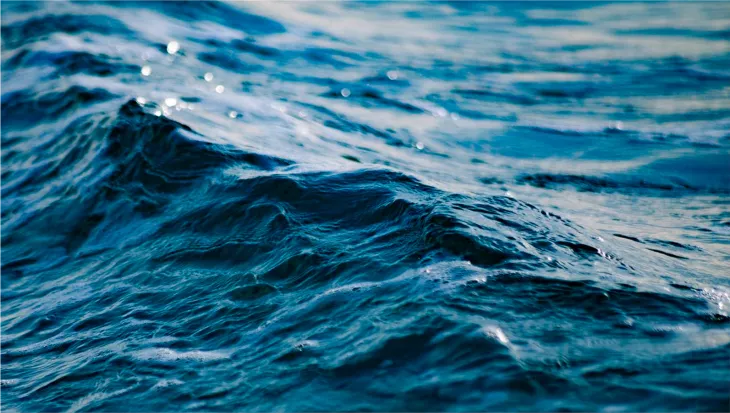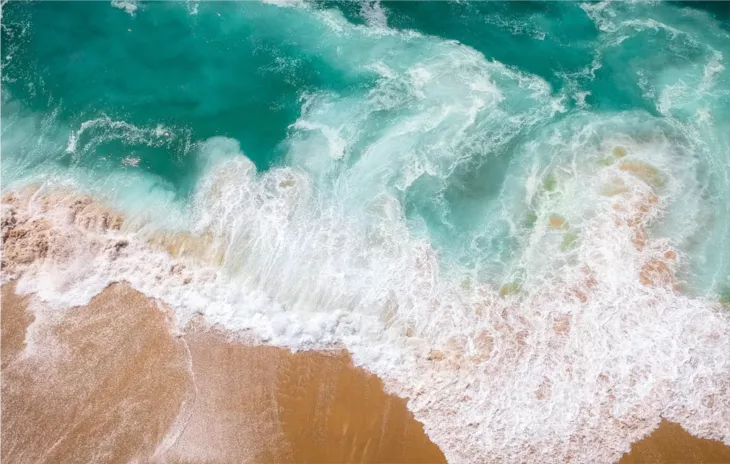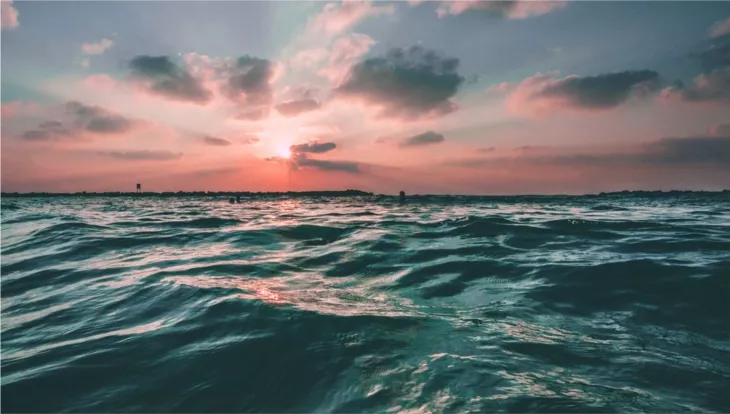Storage and other environmentally friendly technologies do not need metals retrieved from the ocean's depths. A study done by Greenpeace shows this. The study also raises concerns about the damage that deep-sea mining can do.
Batteries and other potentially environmentally friendly technologies do not require deep-sea metals. This is demonstrated by a new study that Greenpeace released in conjunction with the United Nations conference on the international marine protection agreement that took place in New York (BBNJ). According to Greenpeace, the study's findings demonstrate, among other things, that manganese nodules found in the ocean's depths cannot provide essential raw materials for battery production, such as lithium and graphite. There is the potential for significant amounts of manganese, cobalt, and nickel. On the other hand, this will only occur in 2030. On the other hand, using cobalt and nickel in battery production is becoming less common. In addition, there is not likely to be a manganese supply issue concerning the manufacture of batteries.
"The deep-sea mining lobby is misusing the energy transition to justify their plans that are harmful to the climate and the environment," says Till Seidensticker, a marine expert working for Greenpeace. "The transition to a clean energy economy is being used as a smokescreen for their activities." This is a misconception; the demand for environmentally friendly transportation and an energy transition can be satisfied even without extracting resources from the deep sea. However, some conflicts arise during the process of land procurement.
There needs to be more exploration of the deep sea, and many researchers are concerned about the outcomes of its exploitation. To extract the metals, deep-sea bulldozers scrape the top ten centimeters of the sea floor to collect manganese nodules. The raw materials are then extracted from these nodules on land. The machines, therefore, destroy the top layer, home to almost all the creatures living in the soil, including the octopus known as "Casper," which lays its eggs only on manganese nodules and then hatches them.
In addition, scientists believe that it will take anywhere from a few hundred to several thousand years for the ecosystem to recover from the effects of the interventions. Noise pollution and the decline of their natural food sources are also major threats to whales. According to Seidensticker, "the need for raw materials, such as batteries, needs to be covered differently for there to be a sustainable future; this can be done through actual recycling and by consuming less." That is what Greenpeace hopes to demonstrate with the study.
































